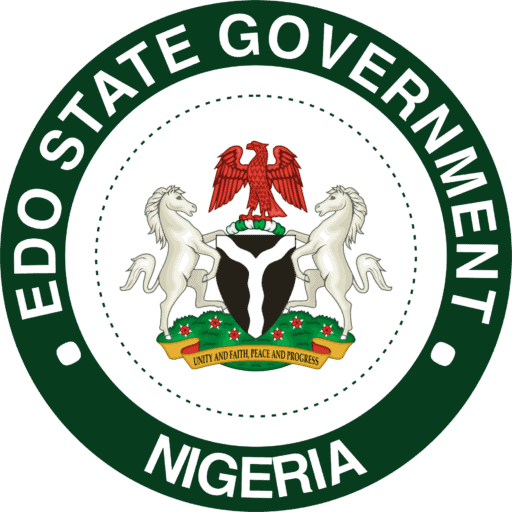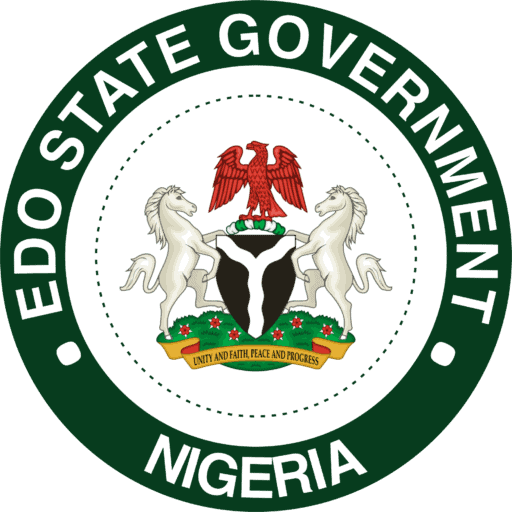INTRODUCTION
The Foundation for Partnership Initiatives in the Niger Delta (PIND Foundation) organized a Stakeholders’ Roundtable that brought key stakeholders in the Niger Delta and beyond together to discuss issues around the constraints of inadequate access to arable land for smallholder farmers. This event was borne out of PIND’s 10 years of working in the agriculture sector in the Niger Delta and the anecdote that inadequate access to land is a big constraint to the expansion of agriculture activities in the region. This was informed by a recent study conducted by the Foundation. The objectives of the study were to understand the systems adopted for land distribution in communities and constraints of access to smallholder farmers.
OBJECTIVES OF THE ROUNDTABLE
The main objectives of the stakeholders’ roundtable were:
- To present the key recommendations to strategic stakeholders to enable them to brainstorm, reflect and suggest approaches and solutions towards implementation aimed at addressing the constraints of access to agricultural land faced by smallholder farmers
- To design an engagement strategy to influence government and community leaders to enable increased access to land for agriculture
- Identify champions within government, community leadership, and the private sector that can work together to institutionalize the draft policy/legislative framework or executive action for increased access to land for agriculture.
KEY OBSERVATIONS
At the roundtable, the key observations were:
- The Land Use Act, 1978 was identified as a key constraint to accessing land in Nigeria and the Niger Delta in particular. Although the Land Use Act states that the government is the custodian of the land, however, in the Niger Delta, this doesn’t appear to be so as there is an equal sense of ownership and administration at the communal and family level. As it were, the government is unable to allocate land without consultations with communities and families who in a sense own the land
- The Gender component of the Access to Land intervention needs to be properly signposted to ensure that the rights of women are given the required attention. Issues women face in accessing land for agriculture should be delineated and efforts should be made to address them.
- Government registration offices do not work in tandem with each other and the registration requirements are too cumbersome for smallholder farmers.
- The Agriculture sector in the Niger Delta has the potential for job creation if equal focus is given to attracting large-scale agriculture investors to the region and empowering smallholder farmers as well.
KEY RECOMMENDATIONS
The following recommendations were provided by the participants:
- The State Council of Traditional Rulers needs to put structures in place for land administration in local communities. In areas where these structures already exist, they must be strengthened through the development of clear bylaws on the use of land for agriculture. Furthermore, communal land allocation backed by letters from Traditional Rulers should be recognized by the Government.
- Traditional rulers need to be given roles in the management of forest reserves. They should collaborate with the Forestry Department in the Ministry of Agriculture to earmark contiguous areas of land for farming so that forest reserves can be protected.
- Agro Investors should develop an action plan or a clearly articulated implementation strategy before they are given land. There should be a tripartite MoU between the agro investors, the government, and communities with the government facilitating negotiations between both parties. This would ensure transparency and address issues of land encumbrances and multiple ownership or in some instances use of government reserved land
- State House of Assemblies to pass legislation to make Certificate of Occupancy easy to obtain for agricultural purposes/establishment of agricultural estates
- State governments need to strengthen the adoption of a Land database/Landbank system as this is important for geo-referencing of the entire available land.
- The State Governments through the ADP programs should develop a database of real farmers to address the recurring anecdote of ghost or political farmers. These farmers should be properly registered under known cooperatives where necessary they should have accounts with the Bank of Agriculture.
Communique Signatories
| Name | Designation |
| Chuks Ofulue | Advocacy Manager, Foundation for Partnership Initiatives in the Niger Delta, PIND |
| Honorable Julius Egbedi | Commissioner for Agriculture, Delta State |
| HRM, Obi Kikachukwu | Obi of Umunede, Representing the Delta State Council of Traditional Rulers |
| Honorable Okhorobo | Member, Edo State House of Assembly |
| Kelvin Uwaibi | MD, Edo State Investment Promotion Office |
| Dr. Tony Bello | Chairman, Shine Bridge Global |
| Professor Rosemary Okoh | Development Economist |
| Comrade Johnbull Kenairu | Senior Special Assistant on Community Development |


